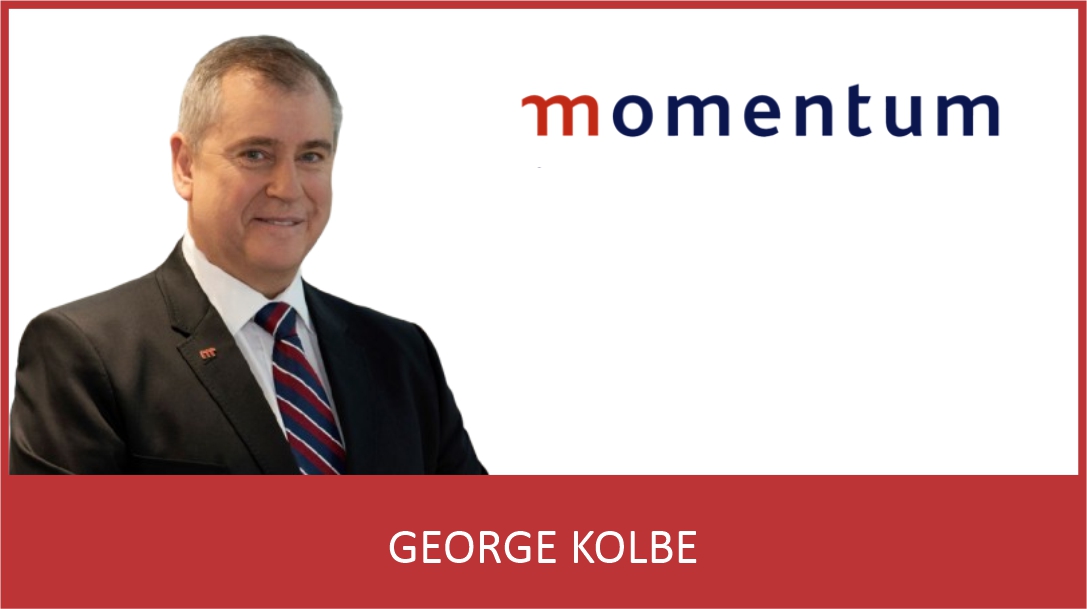George Kolbe, Head of Life Insurance Marketing at Momentum
A 2022 Financial Sector Conduct Authority (FSCA) report reveals that only one in ten South Africans have life insurance – leaving many families vulnerable when they need support the most. Even fewer individuals have updated their policies to reflect their current needs and those of their dependents.
George Kolbe, Head of Life Insurance Marketing at Momentum, emphasises that this gap leaves families exposed during crises. He underscores the importance of adapting life insurance cover to fit various life stages – not just to protect against death, but also to protect income loss due to serious illness, injury and disability.
Kolbe explains, “Life insurance should evolve with you, ensuring protection from day one through to retirement, regardless of what life throws at you.”
The importance of protecting your ability to earn an income
At every life stage, protecting your ability to earn an income is crucial. Income protection, often overlooked, is vital because your ability to earn is your greatest asset. Without it, financial goals like saving for retirement, paying for your children’s education, or even managing day-to-day living expenses become far more challenging.
Kolbe advises, “Structure your life insurance to include income protection, ensuring that if you are unable to work due to a serious illness or injury, you can continue to support your family and maintain your lifestyle.” When thinking about life insurance, especially during critical life phases, income protection must be a key part of the plan.
How life insurance needs change
Although we acknowledge that everyone’s needs are unique and consulting with a qualified financial adviser is crucial in identifying and addressing specific needs, it is generally accepted that a certain degree of predictability exists in the typical needs that arise over time and at different life stages. For the purposes of this discussion, we refer only to life insurance planning, but retirement and healthcare needs are equally important and should also be discussed with a financial adviser.
Early adulthood (ages 20-30): Lay the foundation for future cover
In your 20s, you’re likely just starting your career and enjoying new-found independence and laying the groundwork for your future. That means renting your first flat, driving your first car and living life to the full. This is the ideal time to secure affordable life insurance, protecting your income and setting a foundation for future financial success.
Why? Life insurance is cheapest when you are young and healthy.
What to consider: Income protection, and life cover if you have dependants who rely on your income for their financial needs.
Benefits: Protect your income in the event of serious illness, disability or impairment and ensure loved ones are provided for in the event of your unexpected demise.
Family planning (ages 30-50): increase coverage
As you enter your 30s and 40s, it is time to start laying down your roots. You may start a family and take on greater financial responsibilities. This is a critical period to ensure your family’s financial security.
Why? Growing financial responsibilities with a spouse/partner, children, and associated expenses, such as buying a house and funding your children’s education.
What to consider: Income protection, life cover and protection against critical illnesses.
Benefits: Protects your family’s quality of life and covers you against the financial impact of living with a serious illness, disability or impairment and ensure your loved ones are secure.
Retirement planning (ages 50+): assess your needs
Although you may not be retiring yet, it is likely time to review your financial cover, as you may have fewer dependents, and your focus can move to preserving your retirement income.
Why? Fewer dependents and financial responsibilities and securing your retirement income.
What to consider: Review your cover, adjust your current cover to meet your needs and plan for the balance of your working career and ultimate retirement.
Benefits: Ensure that you and your retirement income are protected in the event of contracting a serious illness and leave a legacy through proper estate planning.
Review and update regularly
Life is full of both expected and unexpected changes. From marriage to children to new homes and retirement plans, everything changes all the time. Kolbe says these significant life events can alter your financial landscape and necessitate adjustments to your life insurance planning.
“Remember, life insurance is more than just a safety net, it’s a strategic financial tool that should adapt to you and your family’s changing needs,” says Kolbe. “Whether you are starting a family, buying a home, or advancing in your career, it’s vital to regularly reassess your cover to ensure it meets your current circumstances and financial needs.
Regular reviews, particularly after major life events, are advised to help ensure that your cover reflects your present needs and lifestyle, providing peace of mind and financial security for you and your loved ones.
Seek professional advice
Navigating the complexities of life insurance can be daunting, and making the right choices is not always straightforward.
To safeguard your family’s future, Kolbe says we should all make it a habit to consult a financial adviser regularly and adapt or update cover to life’s evolving stages.
“A financial adviser can guide you through the intricacies of life insurance, crafting a solution that aligns precisely with your goals and priorities,” says Kolbe.
Ultimately, life insurance should evolve alongside your life. “Having the right coverage helps you breathe easy, knowing your family’s future is secure,” Kolbe concludes.
ENDS























































































